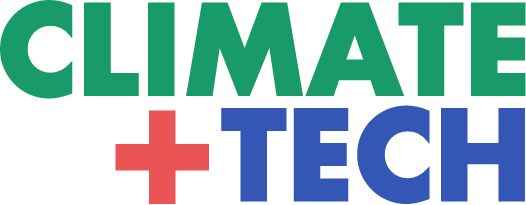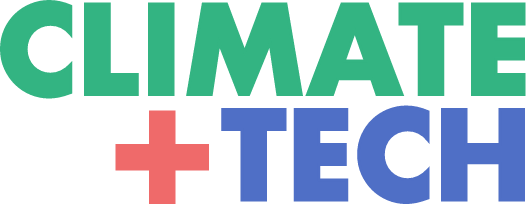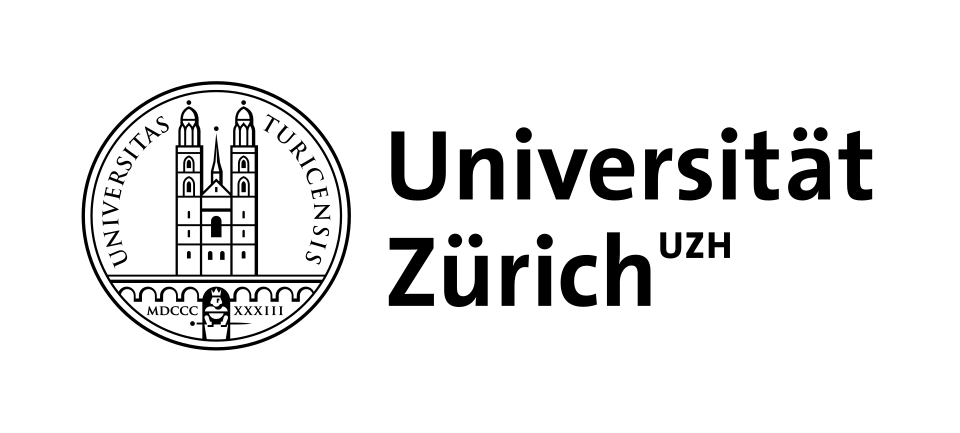AI Benchmark for Sustainability Report Analysis
Why We Need This Benchmark
AI/ML tools for sustainability report analysis are proliferating rapidly, but we have no standardized way to evaluate their performance. Without proper benchmarking, organizations can’t trust these tools for critical investment and regulatory decisions.
The Benchmark Challenge
Current AI pipelines face two critical problems:
- Industry Diversity: Reports from different sectors require specialized analytical approaches
- Criteria Complexity: Each pipeline must assess dozens of diverse criteria from carbon emissions to biodiversity impact
Our benchmark addresses this by providing systematic evaluation across multiple industries and comprehensive criteria assessment.
Background: The Growing Stakes
Corporate sustainability reporting is becoming mandatory across the EU, with thousands of reports published annually. While AI tools are emerging to analyze these reports, the lack of standardized evaluation means we can’t distinguish between effective tools and those that might enable greenwashing at scale.
Our Solution: Living Benchmark & Leaderboard
We’re building the first comprehensive benchmark for evaluating AI performance in sustainability report analysis. This enables developers to:
- Build better pipelines with continuous quality feedback
- Compare approaches across different methodologies
- Monitor accuracy and identify limitations in real-time
- Test robustness across diverse industries and criteria
Key Research Questions:
🎯 Cross-Industry Robustness: How consistently do AI models perform across different industry sectors?
📊 Multi-Criteria Assessment: How accurately can models evaluate diverse criteria from carbon footprint to social impact?
🔍 Greenwashing Detection: How well can AI identify sophisticated greenwashing tactics?
👥 Human Annotator Consensus: How much do human experts agree when analyzing the same sustainability reports, and what does this tell us about task difficulty?
🌍 Language Coverage: How effectively do models work across different languages (English, German, French, etc.)?
⚡ Pipeline Optimization: How do different parameters and prompts affect analysis quality?
Methodology: Rigorous Evaluation Across Industries
Phase 1: Multi-Industry Dataset
With platform partner score4more and expert analysts, we’re labeling reports across:
- Diverse industry sectors with varying reporting approaches
- Multiple reporting standards and document formats
- Comprehensive criteria: Environmental, social, governance factors
Phase 2: Automated Evaluation Suite
Building tools that assess:
- Pipeline accuracy across industry types
- Criteria coverage completeness
- Consistency in multi-criteria evaluation
- Human annotator consensus to establish task difficulty baselines
- Greenwashing detection capabilities
Phase 3: Public Leaderboard
Open platform where developers can:
- Test their pipelines against industry-diverse benchmarks
- Compare performance across different criteria types
- Access methodology and results transparently
The Multi-Industry, Multi-Criteria Challenge
Industry Complexity
Different sectors have unique reporting focuses and requirements:
- Energy companies: Emissions tracking, transition planning
- Financial institutions: Portfolio impact assessment, climate risk
- Manufacturing: Supply chain analysis, resource efficiency
- Technology firms: Digital carbon footprint, e-waste management
- And many others: Each with sector-specific sustainability priorities
Criteria Diversity
Each sector requires assessment across:
- Quantitative metrics: Emissions, energy usage, waste
- Qualitative factors: Governance structures, stakeholder engagement
- Forward-looking elements: Transition plans, targets, commitments
- Risk assessments: Climate vulnerability, regulatory compliance
Partnership & Collaboration
Platform Partner: score4more specializes in tech & AI/ML innovation for sustainability, providing expertise in green LLMs, NLP data extraction, greenwashing detection, and impact assessment for our benchmark development.
Academic Partners:
- University of Zurich (UZH) - Research collaboration and methodology development
- LMU München - Contributing expertise through their sustainabilityreportnavigator.com project
- Leuphana Universität Lüneburg - Sustainability domain knowledge and validation
Open Source: All tools available on GitHub for academic use, with shared tasks across research institutions supporting collaborative development.
Related Tools & Research
This benchmarking initiative builds on and connects with our broader sustainability analysis ecosystem:
-
ChatReport Research Paper: The foundational research that validates our LLM-based analysis methodology and provides the theoretical framework for this benchmark.
-
OpenSustainability Analysis Framework: An open-source implementation of the research findings, offering practical tools for sustainability report analysis with the algorithms being benchmarked here.
-
Sustainability Report Navigator: Academic research platform by Victor Wagner and Maximilian Müller providing comprehensive ESRS and CSRD analysis tools that complement our benchmarking efforts.
Get Involved
We’re looking for diverse expertise to build this benchmark together:
🔬 Researchers
- Access our labeled datasets for your own research
- Contribute to benchmark methodology development
- Collaborate on joint publications and conferences
🤖 AI Developers
- Test your pipelines against our industry-diverse benchmarks
- Improve detection algorithms and contribute to open-source tools
- Compare performance across different criteria types
🌱 Sustainability Experts
- Guide criteria development and validation processes
- Provide domain expertise for industry-specific requirements
- Help identify greenwashing patterns and detection methods
🏢 Organizations
- Partner with us for access to advanced analytics capabilities
- Contribute diverse report datasets across industries
- Support long-term project sustainability and development
Impact: Better AI, Better Decisions
This benchmark will enable:
- Reliable AI pipelines for investment and regulatory decisions
- Transparent evaluation of tool capabilities and limitations
- Continuous improvement through standardized testing
- Trust building in AI-powered sustainability analysis
Our Goal: Ensure AI tools can accurately evaluate sustainability performance across all industries and criteria, enabling better decisions and preventing greenwashing.
Ready to help build the evaluation infrastructure for trustworthy sustainability AI? Whether you’re developing pipelines, analyzing reports, or making decisions based on sustainability data, we want to collaborate.
Phase 1: Human Annotator Consensus
Establishing inter-annotator agreement baselines and measuring task difficulty across expert analysts
Phase 2: Structural Report Analysis
Analyzing report structures and developing standardized parsing frameworks across industries
Phase 3: Baseline Dataset and Benchmark Publication
Publishing initial labeled dataset and benchmark suite for community evaluation
Phase 4: Evaluation Tool
Building automated evaluation platform and leaderboard infrastructure
Phase 5: Parallel Specialized Datasets and Leaderboard
Expanding with industry-specific datasets and continuous leaderboard operations
Related Research
View all posts »Benchmarking the Benchmarks: Critical Findings on Climate-Related NLP Dataset Quality
A groundbreaking reproducibility study on 29 climate-related NLP datasets reveals that most tasks rely on surface-level keyword patterns rather than deep understanding, with 96% of datasets containing annotation issues that compromise evaluation reliability.
CHATREPORT: Democratizing Sustainability Disclosure Analysis through LLM-based Tools
OpenSustainability Analysis Framework - AI-Powered Report Analysis
Open-source AI toolkit enabling SOTA experimentation on sustainability report analysis with flexibility and customization.
Climate Risk Intel: Democratizing Open Climate Risk Data
Bridging the gap between complex open climate risk data and practical decision-making through accessible platforms and tools.
Carbonara: Carbon Tracker for Software Development
Introducing Carbonara, a carbon tracking tool for sustainable software engineering.
Climate and Political Fact-Checking Research & Development Collaboration
Building a collaborative research community to advance AI-powered climate and political fact-checking through interdisciplinary partnerships and open science.
We're looking for researchers, AI developers, sustainability experts, and organizations to help build the future of sustainability report analysis.
Join the Benchmark Initiative
Ready to contribute to transparent sustainability analysis?





